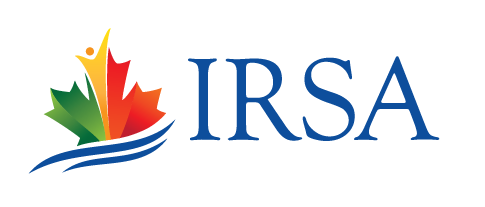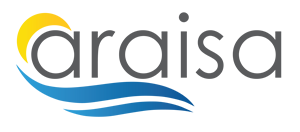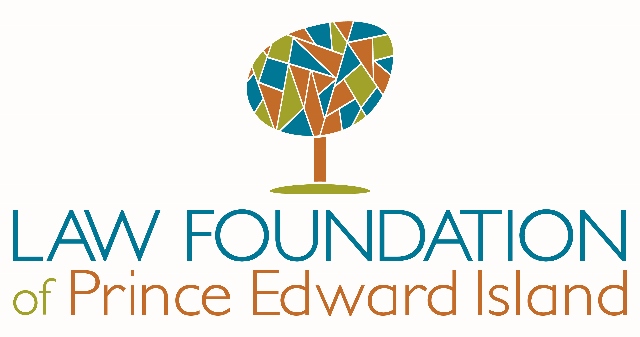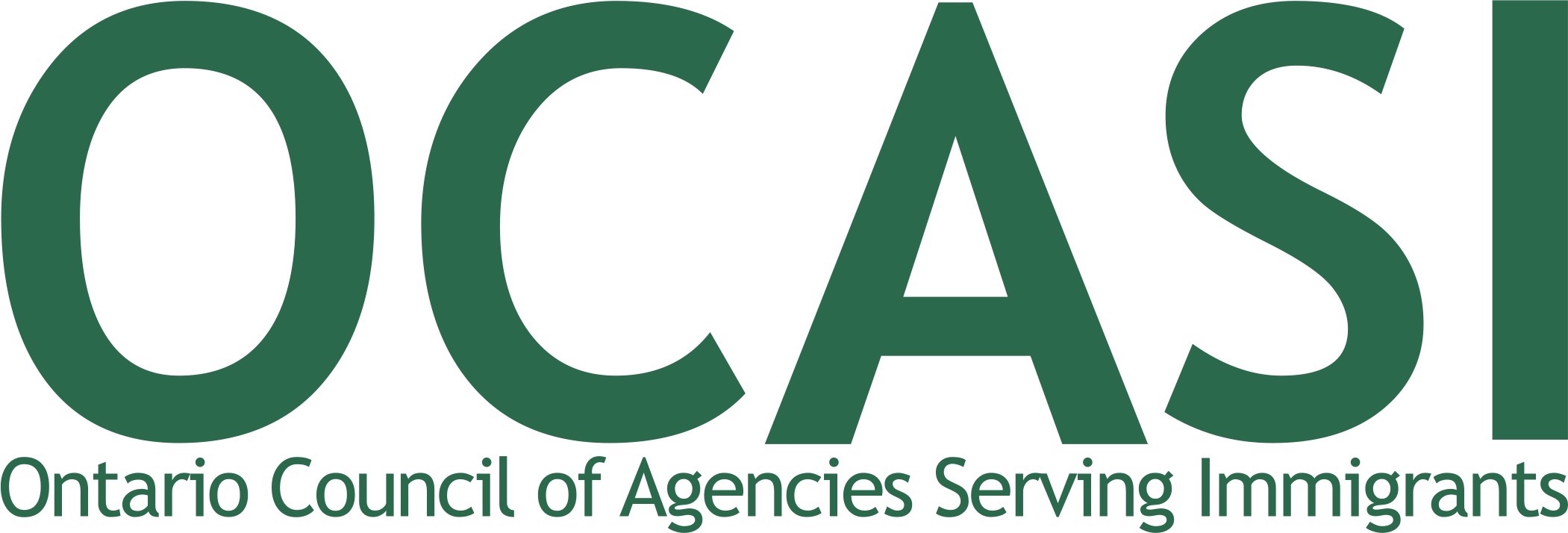Status, Work Permits, and Immigration
Status – Employer-specific Work Permit
As a Temporary Foreign Worker in the Temporary Foreign Worker Program (TFWP), your status in Canada comes from an Employer-specific Work Permit. This type of permit authorizes you to work for a single employer, who is named on your work permit. Your work permit also includes information that specifies how long you can work in Canada, and, sometimes, the location where you are authorized to work.
Work Permit Application
You can apply for an employer-specific work permit online or by mail. Applying online is typically faster than applying by mail. The approval of the work permit can take a few months. You can check the waiting time on the Immigration, Refugees, and Citizenship Canada (IRCC) website. When you make your application you may also need to give your biometrics, that is fingerprints and a photo. More information
Some LMIAs are open, which means that the employer has previously obtained a positive LMIA and can then choose the worker they want. Most LMIAs are named, which means that the employer has included the name of the worker in the LMIA application. When a named LMIA is approved, it can only be used to hire the named worker.
Note that a LMIA is not needed for the Atlantic Immigration Program or the Provincial Nominee Program.
Work Permit Renewal
Before Expiry of Current Work Permit
You can renew your work permit on the IRCC website if your employer has a positive LMIA. You must pay a fee to renew your permit. More information
It is important to apply for a new work permit before the current permit expires because you can continue to work under the same conditions, called Implied Status while your application for renewal is being processed. The current recommendation is to apply to extend your work permit at least 30 days before your previous work permit expires.
If your employer has applied for a new LMIA, but it has not yet been approved, you should ask your employer for the LMIA application number, and include this in your renewal application. If you do not yet have the new LMIA application number, use the number of the previous LMIA and include a letter of explanation. You must send the new positive LMIA number as soon as it is available because your application will be incomplete until this information is submitted. If your application is incomplete for too long, your work permit application will be denied. For more information, review the IRCC website, or contact the Immigrant and Refugee Services Association PEI (IRSA).
After Expiry of Current Work Permit
If your work permit has expired or your application to renew your work permit was denied, you have 90 days to apply for Restoration of Status. You must pay a restoration fee plus the new work permit application fee (more information). You will also need to submit your employer’s LMIA with your application. While your application for Restoration of Status is being processed, you cannot legally work, and you should remain in Canada until processing is complete. It is much faster to apply to renew your work permit online than by mail. In addition, if you have a job offer and LMIA from a different employer, you can change jobs.
Temporary Residence Visa (TRV)
If your work permit is about to expire, and you cannot apply for a new work permit, you might be able to extend your stay in Canada through a Temporary Residence Visa (TRV). The TRV is for people who are taking a vacation in Canada, and it is valid for 6 months. You must pay the application fee, and you must show that you have enough money in your bank account to support yourself while in Canada. The amount of money needed is not specified, but a minimum of $5,000 or more is best. It is helpful if you have a friend to stay with while in Canada, who can write a letter of support stating that they will provide your accommodation and help with other living expenses.
While you are on a visitor visa (TRV), you will not have access to PEI health care coverage or EI benefits, but you will be able to travel freely in Canada. Once you find another job with a positive LMIA, you can change your status back to worker. For more information about how to apply for a TRV, visit the IRCC website and contact Immigrant and Refugee Services Association PEI (IRSA).
If you obtain advice from or work with an agency it is very important to ask what fees they will charge before you proceed. You must include a Use of a Representative form (IMM 5476) with your application (more information). You must pay the current fee for renewing the work permit plus the restoration fee if your prior permit was already expired.
If an agency is charging fees that far exceed the prices mentioned above, you should consider looking for another agency. You can contact the Canadian Embassy in your country to inquire about the legitimacy of an agency before you begin the process of applying to work in Canada. Alternatively, if applying for a permit renewal while in PEI, you may contact a community organization, such as the Immigrant and Refugee Services Association PEI (IRSA) to help with your work permit application free of charge.
Changing Employers
You can change employers, and your current employer is not allowed to penalize you for seeking a new job. However, you will need to get a new work permit for a new employer, which can take time.
To change employers:
- You must find a new employer
- Your new employer must obtain a positive LMIA
- You must obtain a new work permit
Once your new work permit is approved, you can begin working for your new employer. If you wish to have assistance with this process, contact the Immigrant and Refugee Services Association PEI (IRSA) for help. If you leave your job for any reason, and you still have a valid work permit for your old employer, you can stay in Canada until your work permit expires.
As of May 2020, temporary foreign workers already in Canada can begin working for a new employer before they receive a final decision on their work permit application. More information
Open Work Permit for Vulnerable Foreign Workers
If you are being abused by your employer, you can apply for an open work permit for vulnerable workers.
If you are in Canada with a valid employer-specific work permit and are facing abuse (or are at risk of being abused) by your current employer, you may be eligible for an Open Work Permit for Vulnerable Workers. This will allow you to leave an abusive work situation and work for another employer. Note however that the Open Work Permit for Vulnerable Foreign Workers is only a temporary solution as it has an expiry date and cannot be renewed.
You must apply online through your IRCC account. There is no fee to submit an application. Along with you application, you must include the following:
- a letter to describe your situation and the abuse or risk of abuse you’re facing; and,
- any other evidence that you have to support your letter (this may include: emails, text messages, pay stubs, a victim impact statement, police report, photos, witness statements).
All these documents must be combined into one file when submitting.
Cap on Proportion of Low-Wage Positions
The cap on proportion of low wage positions refers to the number of low-wage workers that an employer can hire at a specific work location. That number is different for some sectors, while other sectors are exempt from the cap altogether. More information
Study
While working in the TFWP in Canada, you can enroll in non-credit courses that last fewer than 6 months. You cannot take academic, professional, or vocational courses that lead to a diploma or degree without a study permit. However, you can take online courses without a study permit.
Learn more about applying for a study permit on the IRCC website.
Permanent Residence
There are three possible routes to permanent residency for Temporary Foreign Workers: the Provincial Nominee Program (PNP), the Atlantic Immigration Program (AIP), and until 2025, the Agri-Food Pilot. All programs require the support of your employer.
Provincial Nominee Program (PNP)
The Critical Workers Stream of the PEI Provincial Nominee Program (PNP) is a pathway for Temporary Foreign Workers in jobs classified as intermediate-skilled positions (more information). The PEI government website names several jobs that are prioritized, but any worker in a low-skill job can apply. If you are selected to apply for nomination by PEI, there is a non-refundable fee. You do not need a lawyer or a consultant. More information
Eligibility for Critical Worker Stream
To be eligible to apply for the PEI Critical Worker stream you must:
- have a full-time, non-seasonal (i.e. permanent or minimum of two years) job offer from a PEI employer in an intermediate skilled position, defined by the Training, Education, Experience, and Responsibility classification system as TEER category 4 or 5;
- have worked a minimum of six months full-time for the PEI employer;
- have a valid work permit and legal status in Canada;
- possess a minimum education of secondary school diploma;
- be between the ages of 18 and 59;
- have a minimum two years of full-time work experience or relevant education in the past five years;
- provide a language test result from an IRCC-approved testing institute within the past two years with a minimum score of CLB/NCLC 4;
- have sufficient financial resources to pay all immigration costs (including travel expenses) for you and your family to be able to establish in PEI; and
- demonstrate a genuine intention to settle in PEI.
Atlantic Immigration Program
The Atlantic Immigration Program (AIP) is available to workers in Prince Edward Island, New Brunswick, Nova Scotia, and Newfoundland and Labrador. AIP allows workers classified as intermediate skill (TEER Category 4 or 5) to apply for permanent residency. More information
Eligibility
- You are endorsed for Permanent Residency by your employer.
- You have a full-time, permanent job offer, or a seasonal job offer of more than 1,560 hours per year and the job is classified as NOC 2021 TEER 0, 1, 2, 3 or 4 skill level.
- You have high school or equivalent education, and/or job-specific training.
- You have worked 1,560 hours in a NOC 2021 TEER 0, 1, 2, 3 or 4 level job in the past 5 years, anywhere in the world.
- You have enough money to pay for costs of immigration, travel to Canada, and for your family to become established in PEI.
- You completed a language test from an IRCC approved institute, within the past two years with a minimum score of CLB/NCLC (cost of $310).
- You can show that you plan to stay in Canada.
- You have a Needs Assessment and Settlement Plan through the IRSA. More information
Agri-Food Pilot
The Agri-Food Pilot, now renewed until May 14, 2025, provides a pathway to permanent residence for experienced, non-seasonal workers in specific industries and with specific occupations.
Eligible industries under the pilot are:
- meat product manufacturing (NAICS 3116)
- greenhouse, nursery and floriculture production, including mushroom production (NAICS 1114)
-
animal production, excluding aquaculture:
- cattle ranching and farming (NAICS 1121)
- hog and pig farming (NAICS 1122)
- poultry and egg production (NAICS 1123)
- sheep and goat farming (NAICS 1124)
- other animal production (NAICS 1129)
To apply for permanent residence under the Agri-Food Pilot, you need:
- Canadian work experience in one or more of the eligible industries and occupations
- a full-time, non-seasonal job offer from a Canadian employer in one of the eligible industries and occupations (outside of Quebec)
- to meet or exceed the language requirements
- to meet or exceed the educational requirements
- to have settlement funds (if applicable)
- to maintain temporary resident status (if already in Canada)
Family members of participants of the Agri-Food Pilot may apply for an open work permit, regardless of job experience.
In 2024, the following changes were made to the Agri-Food Pilot:
- Applicants who reside in Canada when they submit their application may now choose to meet either the job offer requirement or the educational requirement
- Work experience gained under an open work permit for vulnerable foreign workers is now counted towards the work experience requirement








